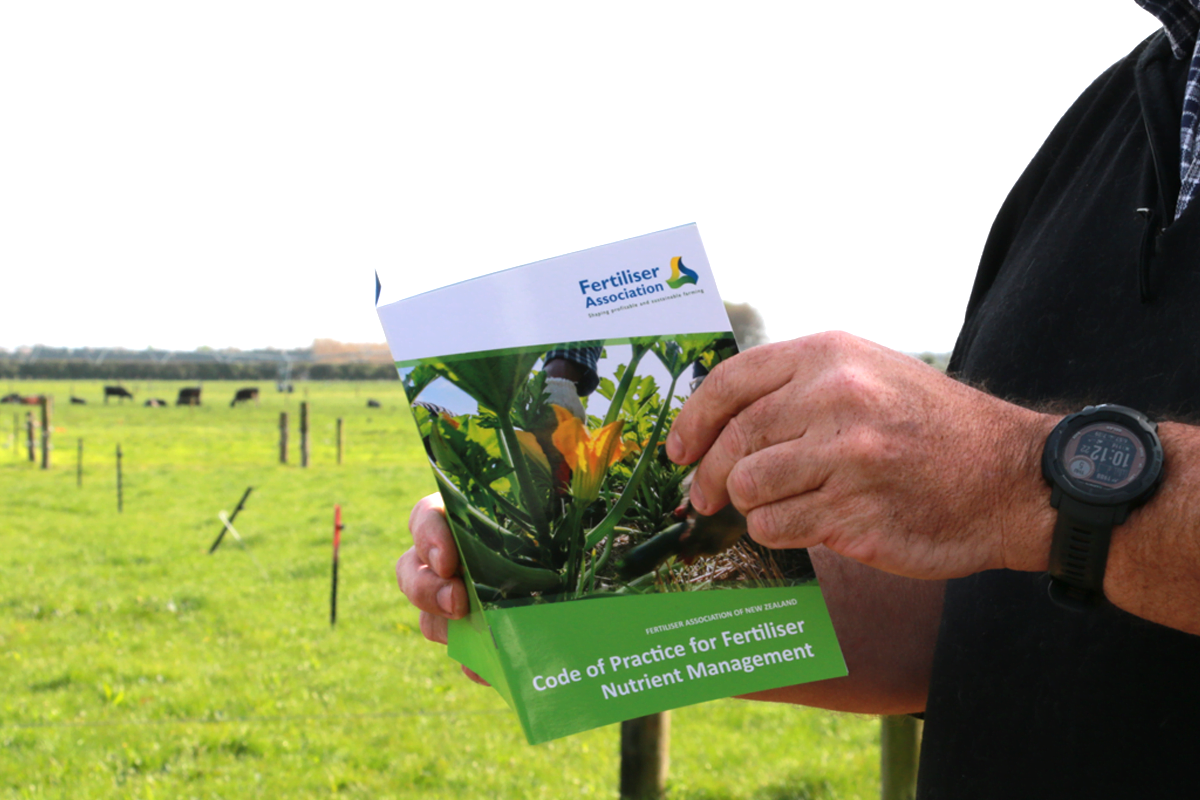Challenges and opportunities for land use transformation: Insights from the Central Plains Water Scheme in NZ
September 2019
Publication: Sustainability
Author(s): A. Renwick, R. Dynes, P. Johnstone, W. King, L. Holt, J. Penelope
This paper considers the factors that are important to land managers in determining whether to change their land use system when the development of an irrigation scheme provides an opportunity for transformative change. A multicriteria decision-making framework using the analytical hierarchy process is used to assess the factors influencing decision makers who are shareholders in the Central Plains Water Scheme. Financial factors generally were weighted above other factors in terms of importance. Social, environmental and market factors were rated similarly, whilst regulatory and knowledge factors appeared generally less important. The study identified the desire of land managers to simplify complex agricultural systems, their need for scale, their concerns over knowledge competition, their willingness to collaborate and the challenge brought about by ‘cultural path dependency’ as being important. This suggests that if novel systems can be developed that better meet these needs and concerns as well as addressing the wider environmental and social challenges, then there may be a greater chance of engendering a land use transition.
 View Our Strategy Document 2019 – 2024
View Our Strategy Document 2019 – 2024



